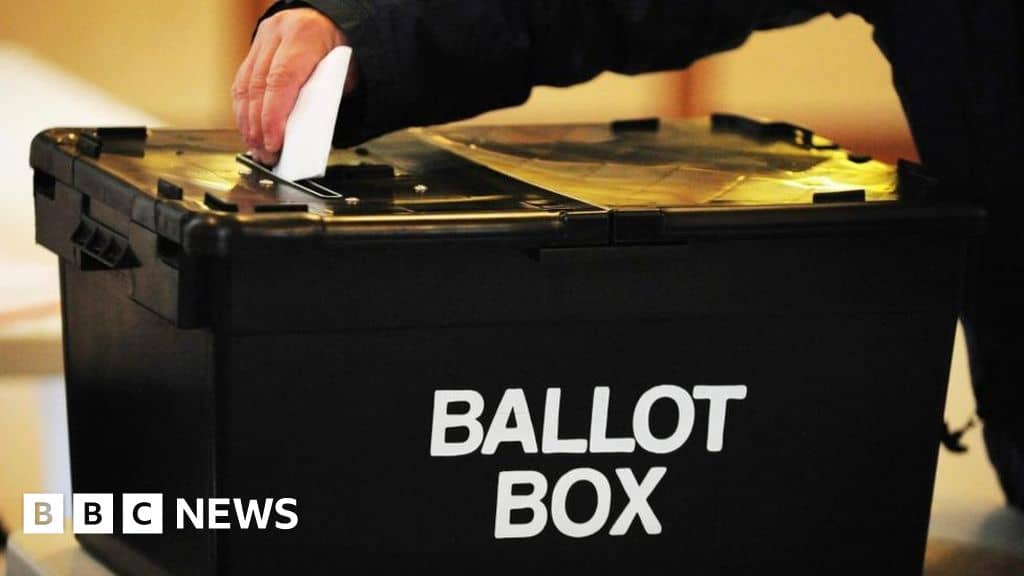Directly elected regional mayors are now becoming a more common aspect of governance throughout England. The West Midlands is currently experiencing a heated competition between two main candidates: Conservative Andy Street and Labour’s Richard Parker. Street has been twice victorious in the mayoral race, and now dedicates his campaign to placing his personal brand above party affiliation. Meanwhile, Parker aims to bring the transport system under his control, allowing for greater accessibility for those living in the West Midlands region.
While the national polls suggest that Labour is well ahead, regional polls paint a more confusing picture. While one poll did indicate that Labour was ahead, a more recent poll suggested the opposite. Street notes that such close mayoral elections function differently from national elections. Joining Parker in the race are Sunny Virk of the Liberal Democrats, Reform UK’s Elaine Williams, Green Siobhan Harper-Nunes, and independent Akhmed Yakoob.
National headlines are arising from this regional contest, as it and nine others are currently scheduled to take place around England in May. More of the population of England will have an elected mayor, with this election in North Yorkshire, much of the north east of England, and the East Midlands marking their first-ever elected mayors. The Institute for Government explains that mayors are growing more visible than council leaders and represent much bigger patches than MPs. Furthermore, they are becoming increasingly powerful figures who hold control over £25bn of public spending.
Mayors currently remain a patchwork throughout England. While they are becoming more fashionable and supported by main political parties, some may remain wary of adding more politicians to the mix. For the time being, however, those who don’t have a directly elected mayor may very well see them cropping up in the near future
Read the full article from The BBC here: Read More











